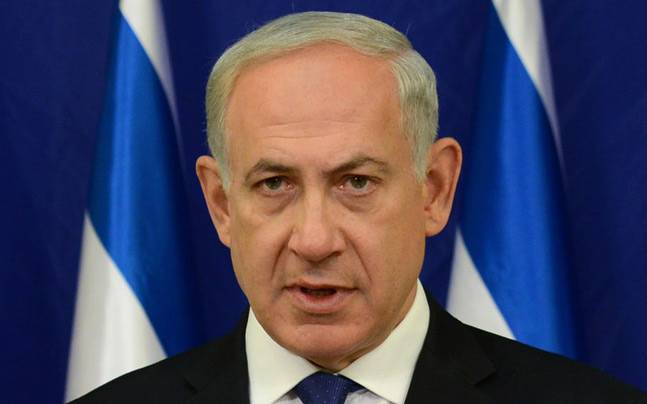The United Nations Relief and Works Agency for Palestine Refugees in the Near East (UNRWA) faces a looming deadline of January 30, 2025, to cease operations and vacate its premises in Jerusalem, as per a directive from Israel’s UN ambassador, Danny Danon. This ultimatum stems from controversial Israeli legislation passed amidst international concern, effectively barring UNRWA’s presence in Israel and East Jerusalem, a sector annexed by Israel after the 1967 Six-Day War. The legislation coincides with heightened Israeli criticism of UNRWA, particularly following the October 7, 2023 Hamas attack, with accusations surfacing about the alleged involvement of a dozen UNRWA employees from Gaza in the assault. This move threatens to disrupt crucial humanitarian services for Palestinian refugees, for whom UNRWA serves as a lifeline.
UNRWA plays a pivotal role in providing essential aid and services to approximately six million Palestinian refugees scattered across the region, including Gaza, the occupied West Bank, Lebanon, Jordan, and Syria. East Jerusalem has historically served as a crucial administrative hub for the agency, facilitating its operations throughout these areas. Beyond administrative functions, UNRWA operates schools and health clinics in East Jerusalem, providing vital education and healthcare services to the Palestinian population. The agency’s forced departure raises serious concerns about the future of these essential services and the overall well-being of the affected communities.
Israel’s actions against UNRWA extend beyond the Jerusalem expulsion, with a separate law prohibiting contact between Israeli officials and the agency. While the legislation currently targets operations in East Jerusalem and interactions with Israeli officials, it does not explicitly ban UNRWA from operating in Gaza or the West Bank, leaving a degree of uncertainty regarding the agency’s future in these areas. The implications of these measures are far-reaching, threatening to exacerbate an already fragile situation and potentially fueling further instability in the region.
Philippe Lazzarini, the Commissioner-General of UNRWA, has voiced strong concerns regarding the potential consequences of impeding the agency’s operations, warning that such actions could jeopardize the fragile ceasefire in Gaza and dash the hopes of a population already grappling with immense suffering. He emphasizes the critical need for UNRWA to continue its vital work in Gaza and throughout the occupied Palestinian territory, highlighting the agency’s irreplaceable role in providing essential services and maintaining a semblance of stability.
The escalating tensions between Israel and UNRWA reflect a broader struggle over the future of Palestinian refugees and the contested status of East Jerusalem. Israel’s justifications for targeting the agency often center around security concerns and allegations of bias, while international critics view the measures as undermining humanitarian efforts and further marginalizing the Palestinian population. The timing of these actions, following the Hamas attack, further complicates the situation and raises questions about the underlying motivations driving the Israeli government’s decision.
The forced departure of UNRWA from Jerusalem represents a significant blow to humanitarian efforts in the region, leaving a void in essential services for vulnerable Palestinian refugees. The international community faces a crucial challenge in addressing this situation and ensuring the continued delivery of aid and support to those in need. The consequences of inaction could be severe, potentially leading to further instability, escalating tensions, and exacerbating the humanitarian crisis faced by Palestinian refugees. Finding a sustainable solution that respects the rights and needs of all parties involved remains a complex and urgent priority.














